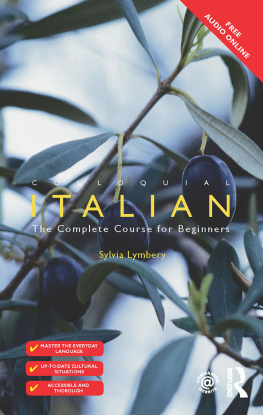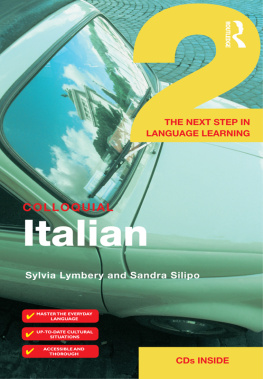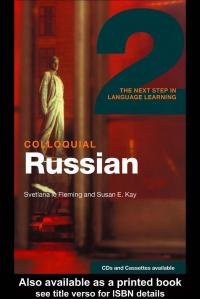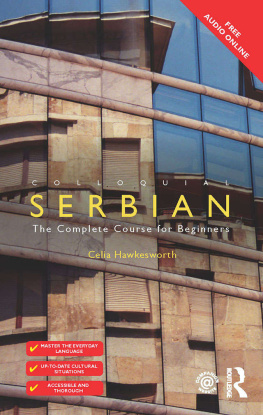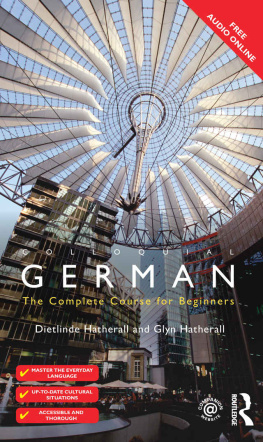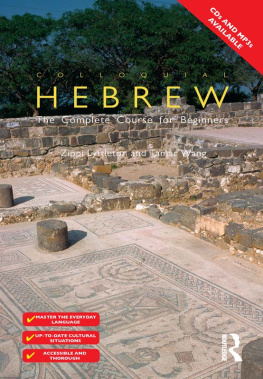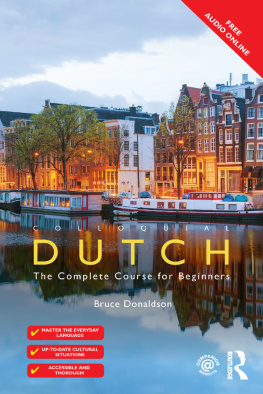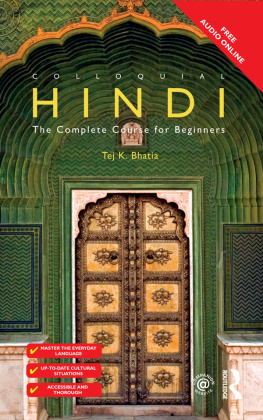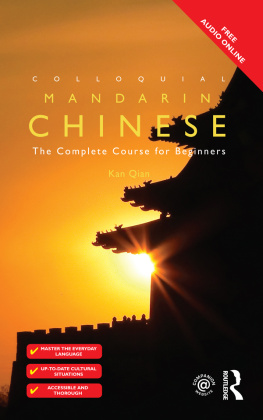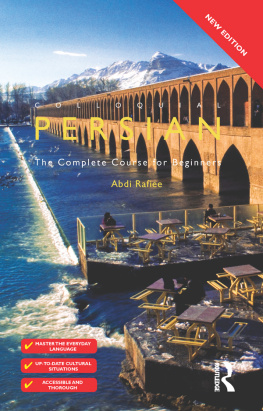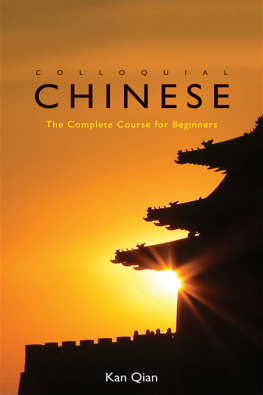Colloquial
Italian
THE COLLOQUIAL SERIES
Series Adviser: Gary King
The following languages are available in the Colloquial series:
Afrikaans Albanian Amharic Arabic (Levantine) Arabic of Egypt Arabic of the Gulf and Saudi Arabia Basque Breton Bulgarian Cambodian Cantonese Catalan Chinese Croatian Czech Danish Dutch English Estonian Filipino Finnish | French German Greek Gujarati Hebrew Hindi Hungarian Icelandic Indonesian Irish (forthcoming) Italian Japanese Korean Latvian Lithuanian Malay Mongolian Norwegian Panjabi Persian Polish Portuguese | Portuguese of Brazil Romanian Russian Scottish Gaelic Serbian Slovak Slovene Somali Spanish Spanish of Latin America Swahili Swedish Tamil Thai Turkish Ukrainian Urdu Vietnamese Welsh Yoruba (forthcoming) |
COLLOQUIAL 2s Series:The Next Step in Language Learning
Chinese Dutch French | German (forthcoming) Italian Russian | Spanish Spanish of Latin America |
Colloquials are now supported by FREE AUDIO available online. All audio tracks referenced within the text are free to stream or download from www.routledge.com/cw/colloquials. If you experience any difficulties accessing the audio on the companion website, or still wish to purchase a CD, please contact our customer services team through www.routledge.com/info/contact.
Colloquial
Italian
The Complete Course for Beginners
Sylvia Lymbery

Second edition published 2005
by Routledge
2 Park Square, Milton Park, Abingdon Oxon OX14 4RN
Simultaneously published in the USA and Canada
by Routledge
711 Third Avenue, New York, NY 10017
Routledge is an imprint of the Taylor & Francis Group, an informa business
2005 Sylvia Lymbery
All rights reserved. No part of this book may be reprinted or reproduced or utilised in any form or by any electronic, mechanical, or other means, now known or hereafter invented, including photocopying and recording, or in any information storage or retrieval system, without permission in writing from the publishers.
British Library Cataloguing in Publication Data
A catalogue record for this book is available from the
British Library
Library of Congress Cataloging in Publication Data
Lymbery, Sylvia.
Colloquial Italian: the complete course for beginners/ Sylvia Lymbery. 2nd edn.
p. cm (The colloquial series)
Includes index.
1. Italian language Conversation and phrase books English. 2. Italian language Textbooks for foreign speakers English. 3. Italian language Spoken Italian.
I. Title. II. Series
PC1121.L95 2005
458.3421 dc22
2004024087
ISBN: 978-1-138-94974-4 (pbk)
Typeset in Times by
Florence Production Ltd, Stoodleigh, Devon
This book is dedicated to Charlotte
Acknowledgments
I would like to offer my warmest thanks to the many friends who helped me when I was writing Colloquial Italian. In particular, to Angioletta Viviani, whose hospitality and advice helped me start to prepare this new edition, and to Sandra Silipo for help and advice. Others too numerous to list have helped in various ways, and their support is very much appreciated. Thanks must also go to Antonio Ravarino for his plan and architectural drawings.
I am also grateful to: the Editor of La Stampa, Torino, for permission to reproduce a weather forecast; to La Stampa and Lietta Tornabuoni for permission to use parts of her article, Italia 1945 1995 Con gli occhi aperti; the Editor and editorial staff of Vera magazine for permission to reproduce parts of the article Per le vie dei borghi doc from the March 2003 issue; Bernardo Cioni and Lorenzo Enriques of Zanichelli Editore for permission to reproduce Dott. Cionis email; the Mayor of Apricale for permission to reproduce the photo of Apricale from the towns website: www.apricale.org; Bologna Turismo Redazione IAT for permission to reproduce the photos of the Palazzo del Podest in Piazza Maggiore and of the fruit and vegetable shop in the Mercato Antico; the IAT of Perugia for permission to reproduce the photo of the Palazzo dei Priori and the Fontana Maggiore; the Azienda di Promozione Turistica di Roma for permission to reproduce the photos of the Campidoglio and of the Vittoriano; Suzanne Cousin for the photograph of Santa Maria Novella, Florence; the Servizi Turistico-Ricreativi department of the Province of Verona for permission to reproduce the photo of the Roman Arena; the Comando Generale dellArma dei Carabinieri for permission to reproduce the photo of a carabiniere at work.
And finally my thanks go to Sophie Oliver and her helpful team at Routledge.
Permission to use the extract Il mio primo computer: Il pc ideale per un bambino? from Anna magazine was sought but no reply received.
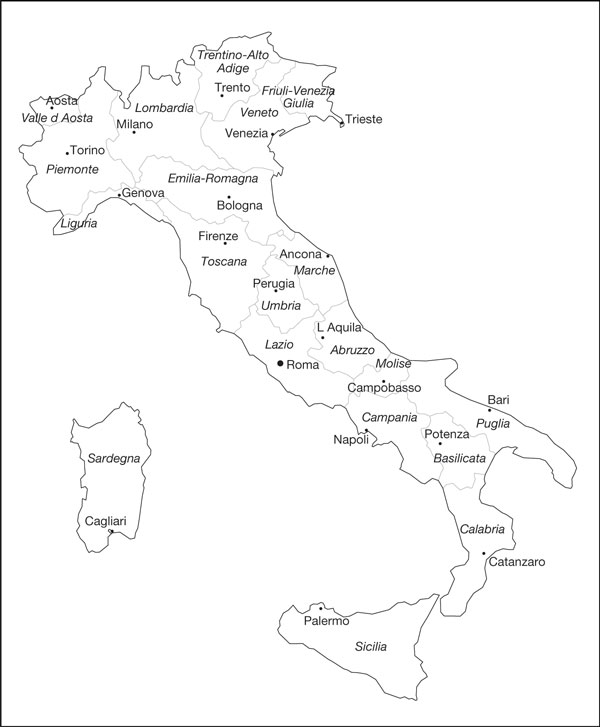
Italy: regions and regional capitals
About this Book
So you are thinking of learning Italian? Or perhaps you are already learning and want another approach to help you on your way? Read on and you will see why Colloquial Italian could be just what you are looking for.
Why Italian?
Italian is the language of Italy and it is also one of the four official languages of Switzerland. With a population of some 58 million and an area of 301,323 sq km, Italy is a small country; but for more than two thousand years its inhabitants have had significant effects on civilization, while the land of Italy has for centuries been a source of pleasure and interest to travellers. Today it continues to offer the tourist many and varied delights: scenery, artistic treasures, music, good food and wine, snow, sun and sea. The Italian Republic is one of the founder members of the European Union and for businesses Italy offers both opportunities and challenges.
There are problems of a political, economic and environmental nature that may frustrate and annoy the traveller but overall Italy is a very welcoming country and a fascinating subject of study.
The language is arguably the easiest European language for English speakers to learn. The pronunciation seems easier than French for English speakers, the grammar less tricky than that of German or Russian. Furthermore, the spelling of the language reflects the way words are said and the meanings of many of the words are guessable.
Italian has its origins in Latin, the language spoken in Ancient Rome. For anyone who has studied Latin or one of the Romance languages (languages derived closely from Latin such as Spanish, French or Portuguese), it is particularly approachable, for not only will many more words be guessable but the structure too will be similar to that of the language they know. This is not to say it is trouble free, but you, the learner, can feel optimistic as you start the task.
As a nation-state Italy is young. It was united between 1860 and 1870 after centuries of division into a number of smaller states. At the time of unification Italian was essentially a written language used by poets, playwrights and other writers. Only a small percentage of the population spoke it. Most communicated in their local dialect. Today universal education, military service, population mobility and television and radio mean that most Italians speak and understand Italian although many also continue to speak their local dialect.
Next page
